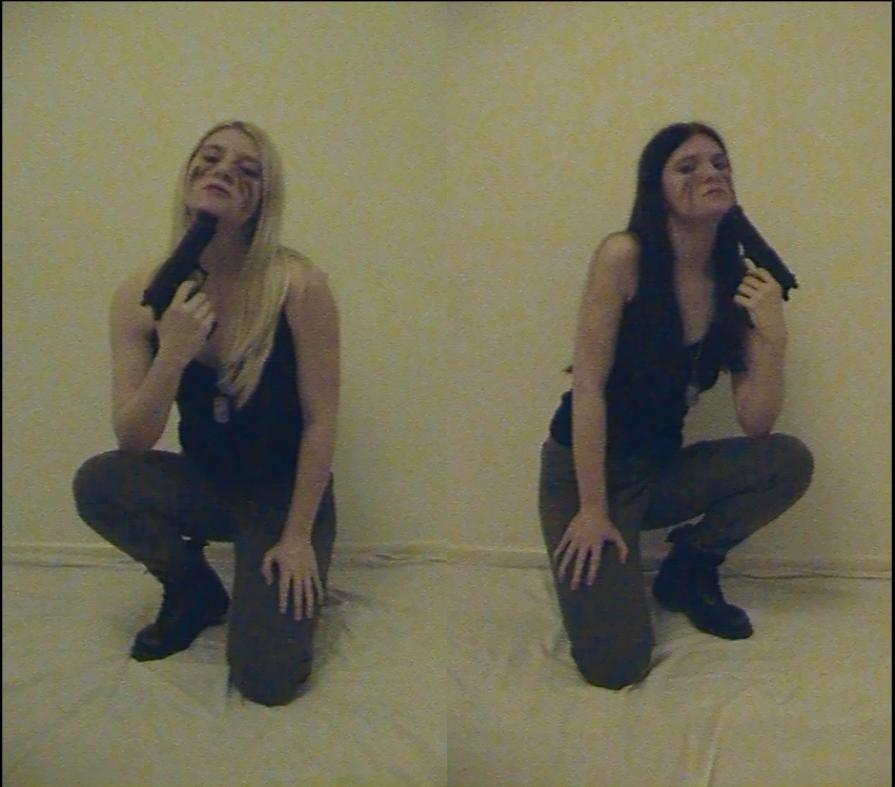Reveillez! Wake Up!
The philosophical science of ‘Relativism’ conceived by Einstein, and Heisenberg’s ‘Uncertainty Principle’ (incorporated within Quantum Mechanics), shook up the past conventions of a stable reference point, circulated through Newtonian ideas of certitude. Instead it spoke about the universe being in a state of flux and that ‘truth’ is understood from a variety of viewpoints, all with different frame works of which the subjects evaluate with. This dethrones the Enlightenment ideas of progress, and (fixed) truth.
Relativism highly influenced the philosophy of Deconstruction established by Jacques Derrida, which demonstrates that our (mis)understanding of reality is based on metaphorical and conceptual oppositions which are hierarchically organised (male versus female, body versus soul, literal versus metaphorical etc.) leading to fixed, partial and one-sided interpretations. Knowing that things are relative to others, postmodernists comprehend that reality is a set of representations constructed by us through language.
‘Private/SoulDurance’ was a series leading to the creation of ‘Reveillez! Wake up!’. They deal with the symmetry of opposites in the composition and subjects (twins), but also in the theme of war and conflict (of any kind). Although there are different races, cultures and even individual outlooks within a nation, we are all collectively human – we are all similar underneath (twins are individuals from the same source.). In ‘Reveillez! Wake up!’, the nature of conflict is recognised as being coordinated (from the highest levels) as a means to political and financial ends. War is (subconsciously) glorified in the collective minds of the public through religious, imperialistic and nationalistic propaganda. At its core, ‘Reveillez! Wake up!’ embraces a humanitarian intuitive consciousness.
However it goes deeper than this. It emphasizes how the Hegelian dialectic sets oneself up against another, which breeds and facilitates a sense of hostility towards ‘the Other’ because one perceives division and duality as omnipresent. This theory was applied to Marxism, but can be criticised through the Marxist concept of ‘Ideological false consciousness’. ‘Cultural hegemony’ (understood in Marxism as capitalism built so strongly into culture, that it helps to perpetuate its strength – as described by Antonio Gramsci in The Prison Notebooks), is maintained through its own dominance. Applying this here, capitalism by its very nature is competition (i.e. dialectical), so reality is drawn out through rivalry and contest where, ‘…following Hegel, a fundamental hostility to any other consciousness is found in consciousness itself; the subject posits itself only in opposition; it asserts itself as the essential and sets up the other as inessential, as the object.’ Hence ‘the Other’ becomes unequal and a separate entity in which to oppose, functioning as an agent of war in the mind set of dialectical duality. ‘Reveilez! Wake Up!’ asks us to realise this as ‘Ideological false consciousness’. We therefore use ‘Wake up’ here to question the assumption that opposite means opposition, and reveal that polarities actually complement one another (male AND female, body AND soul, literal AND metaphorical etc.).































Commenti 0
Inserisci commento